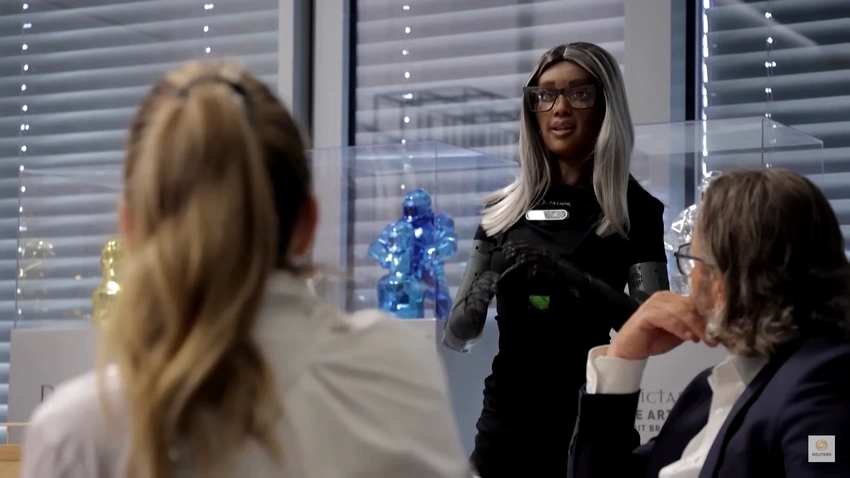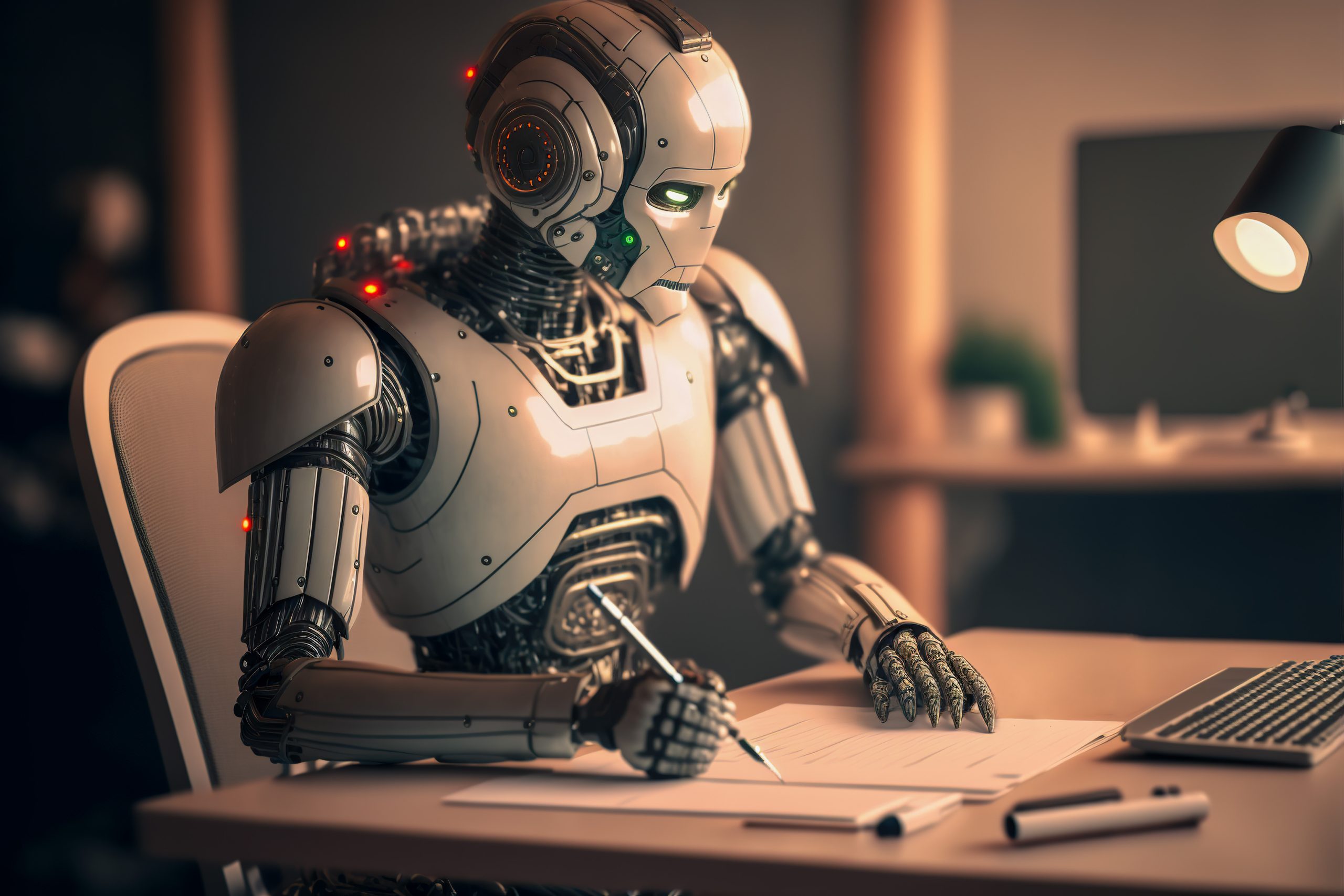In an unprecedented move that has shaken the business world, the Polish rum company Dictador has appointed Mika, an AI-powered humanoid robot, as its CEO. This groundbreaking decision not only challenges our traditional notions of leadership but also opens a Pandora’s box of ethical, technological, and social implications.
Mika’s Role and Capabilities: A Leap into the Future
At the helm of Dictador, Mika’s role extends beyond a mere figurehead. Engineered by Hanson Robotics, known for their creation of the humanoid robot Sophia, Mika represents a more advanced iteration of AI in leadership. Her responsibilities include identifying potential clients and collaborating with artists for product designs, showcasing an AI’s capability to blend creativity with analytics.
Humanoid Robots in Leadership: The Unbiased Boss
Mika’s appointment echoes the capabilities first seen in Sophia, who, during a panel at the U.N.’s AI for Good Global Summit, highlighted the efficiency and effectiveness of humanoid robots in leadership roles. The lack of biases and emotions, coupled with the ability to process vast amounts of data, positions AI like Mika and Sophia as potentially superior decision-makers compared to their human counterparts.

Public and Industry Response: Embracing or Bracing?
The response to Mika’s appointment is as varied as it is intense. While some, as reported by FOX Business, see this as a step towards a futuristic, efficient workplace, others express apprehension about the growing influence of AI. Concerns about job security and the replacement of human roles by AI have become a significant part of the discourse.
Ethical and Social Implications: The Human in the Machine
In the midst of technological marvel, the ethical and social implications of AI in leadership cannot be ignored. David Hanson, CEO of Hanson Robotics, emphasizes the importance of “humanizing” AI. This endeavor is not just about making AI safe but also about ensuring its integration serves to complement rather than replace human capabilities.
AI Beyond the Corporate World: Security and Regulations
The influence of AI extends beyond corporate boardrooms. The introduction of AI in public safety, such as Stark Enterprises’ robot security guard, raises questions about the balance between technological advancement and the preservation of a human touch. In response, initiatives like President Biden’s executive order on AI and national security highlight the government’s role in regulating and mitigating risks associated with AI’s rapid advancement.
The Future of AI in Business and Society: Navigating Uncharted Waters
As we venture deeper into this AI-dominated era, the future of AI in business and society appears both promising and perplexing. The potential for AI to revolutionize decision-making and efficiency in companies is undeniable. Yet, the challenge lies in ensuring that this technological leap does not lead to a chasm between AI and human roles in the workspace.
Conclusion: The Dawn of a New Era
Mika’s appointment as CEO is not just a milestone for Dictador but a signal for the future of leadership roles in businesses worldwide. It calls for a nuanced understanding of AI’s capabilities and limitations and a concerted effort to balance technological advancements with ethical and social considerations.
This bold step by Dictador, while revolutionary, opens up a myriad of questions about the future of AI in our lives. The journey of Mika, from a robotic CEO to an honorary professor, is just the beginning of a new chapter in the human-AI narrative, one that we are all a part of writing.
